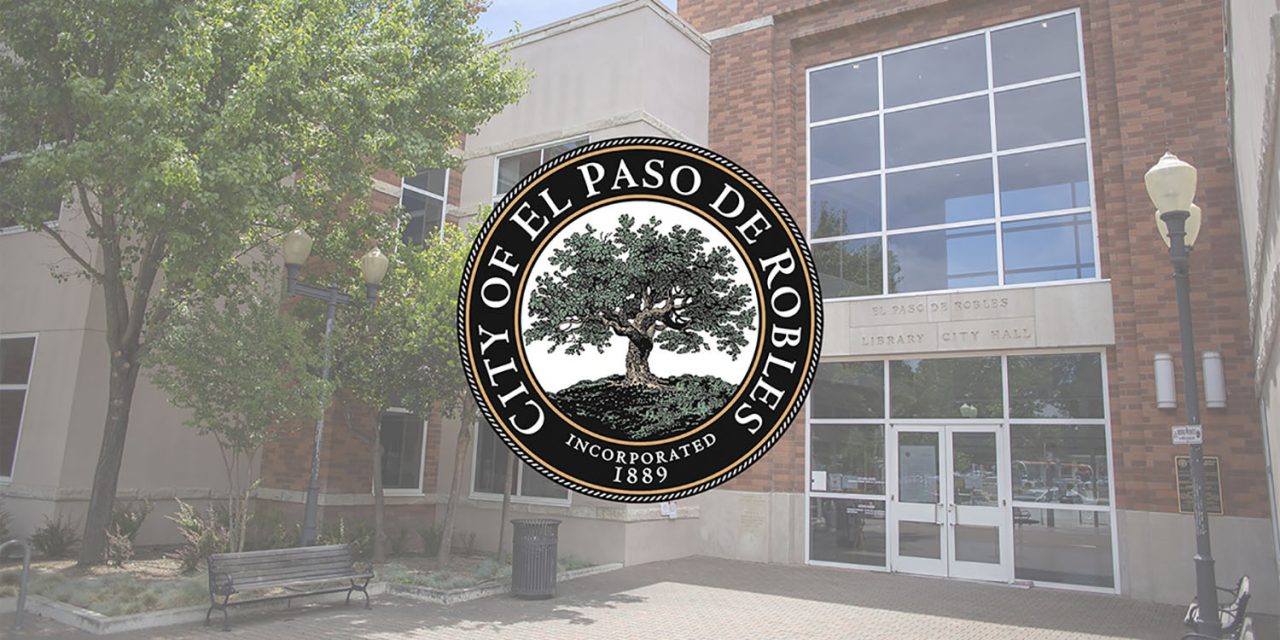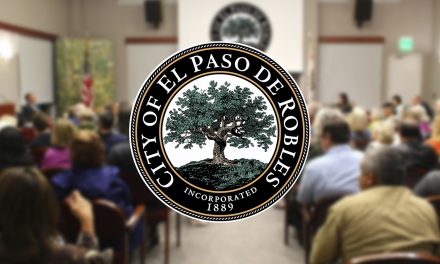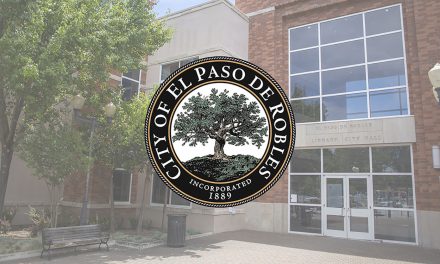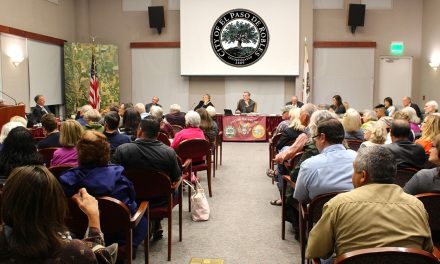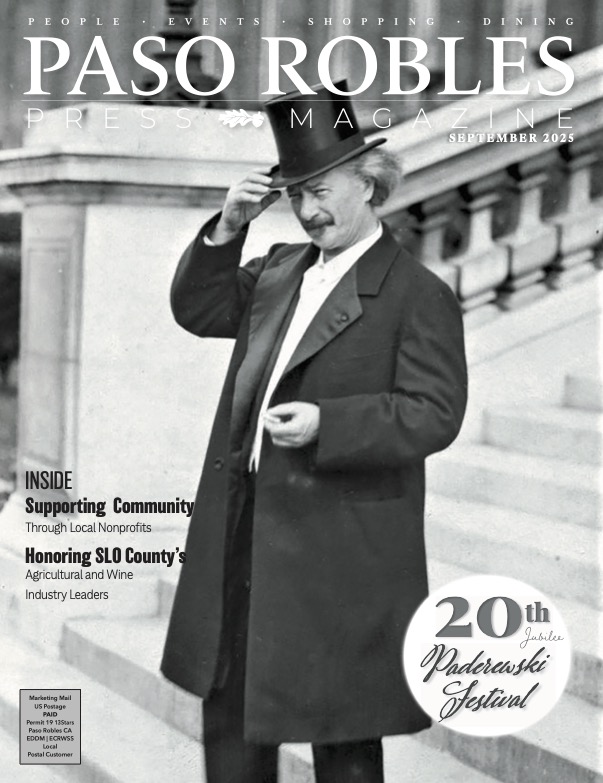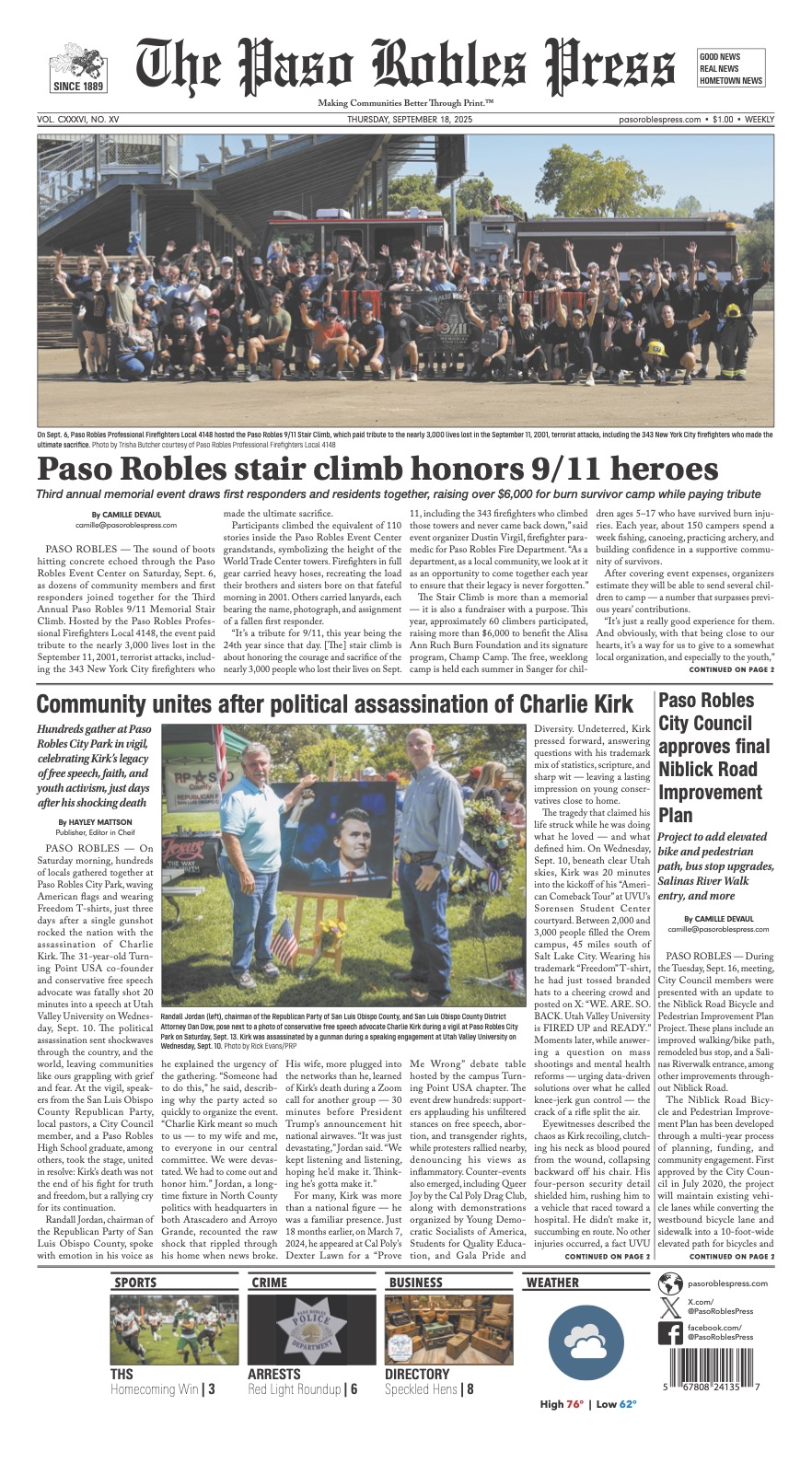Council delays decision to rescind sale of Pioneer Park to California Mid-State Fair Board
PASO ROBLES — An update on the City’s cannabis policies was given at the Paso Robles City Council meeting on Tuesday, July 19.
The update was provided by the HdL Company, which will also help the City hold a public workshop to possibly reconsider their current policies.
After the passage of Proposition 64 — the legalization of cannabis for cultivation and personal use for adults over the age of 21 — Paso Robles approved an ordinance to establish a tax on cannabis-related activities as a general tax.
The City currently only authorizes medical cannabis delivery businesses in the Riverside Corridor and the C-3 district.
All other commercial cannabis businesses, including storefront cannabis retail dispensaries, are prohibited within the City. However, delivery services based outside the City can legally deliver within the City once obtaining and holding a state license and a Paso Robles business license.
Currently, two businesses are authorized to operate medical cannabis delivery services within the City. Both business locations are within the Riverside Corridor. No other cannabis business types are authorized at this time.
Staff has received multiple inquiries from prospective business owners who are interested in opening retail cannabis storefronts within the City. The City currently receives between $20,000 and $30,000 annually in cannabis revenues from the cannabis delivery companies currently operating in the City.
Within public comment, there were dispensary owners, and some residents showed their support for the City to potentially broaden their cannabis business policies.
Council gave staff direction to explore different policy changes. However, Councilman John Hamon voted no on changing the City’s current policies.
“There’s plenty of places to get the drugs, and I don’t think we need to have that in Paso Robles, personally,” said Hamon, who did say he does not have a problem with medical cannabis businesses in the City.
The Council chambers then welcomed many members of the public to discuss the next item on the agenda — “Rescinding Resolution 16-141 Approving of an Agreement with the 16th District Agricultural Association for the Sale of a Portion of Pioneer Park Property.”
Pioneer Park is owned and operated by the City and is located next to the Paso Robles Event Center and Paso Robles Pioneer Museum. The total acreage of the publicly owned park area is approximately 7 acres; the portion proposed for sale is 5.6 acres on the eastern side of the park.
The 16th District Agricultural Association (16th DAA and also known as the Fair Board) operates under the California Department of Food and Agriculture, Division of Fairs and Expositions, for the primary purpose of producing the annual California Mid-State Fair (the “Fair”).
The 16th DAA requested the City to sell the property to help fulfill its goals of expanding the fairgrounds. The portion of the park proposed for sale was appraised in August 2015 for $1.42 million.
However, on Nov. 15, 2016, the City approved a purchase and sale agreement for the property for $800,000, but the deal has yet to be solidified between the City and the 16th DAA.
Part of the delay comes from contingencies and delays put forth by the State Department of General Services (DGS).
Several members of the public asked the council to move forward with the sale of the property — including District 1 Supervisor John Peschong, who also brought a letter of support from District 5 Supervisor Debbie Arnold.
The City’s understanding from DGS is they cannot move forward with the deal as it currently stands.
On Jun. 13, the City received an email from DGS saying the sale could not be approved as anticipated due to DGS identifying “a number of non-substantive or administrative issues that needed to be addressed. DGS also identified a number of issues that, as a result of the five-plus year delay in approval of the Agreement by DGS, were now substantive.”
These complications include the property being considered a part of the Surplus Land Act (SLA), which would require the property to be prioritized for low-income housing.
But members of the Fair Board said they were recently told by DGS those concerns were no longer valid and there would be no issue with approving the sale. Council wanted to see that agreement and promise from DGS in writing.
Council motioned to postpone the discussion to Nov. 1 to give the City and Fair and State longer to discuss the decision.
The motion passed with a 3-2 vote, Councilmen Hamon and Steve Gregory both voting no on grounds that they wanted to move forward with escrow of the property if DGS agrees with the terms.
The next City Council Meeting is scheduled for Tuesday, Aug. 2, at 6:30 p.m.

